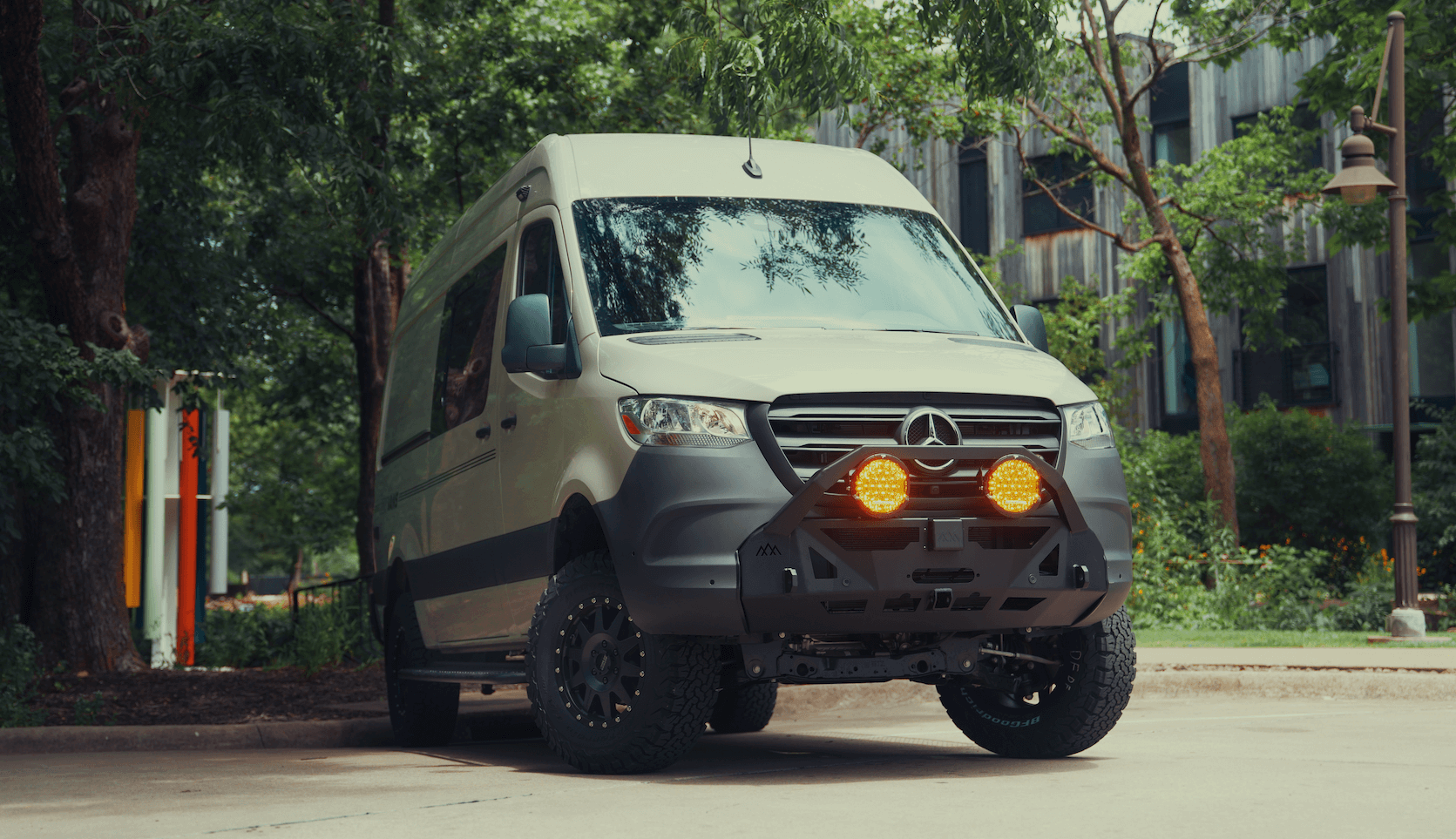Recreational Vans

An electric camper van combines a battery electric drivetrain with a compact living space. Instead of a fuel tank and engine, you have high voltage battery packs feeding motors through inverters, plus a separate low voltage house system for lights, water pumps, refrigeration, and climate devices. The appeal is immediate torque, quiet operation, and a campsite experience with no idling. The tradeoffs revolve around energy budgeting. Every mile and every appliance draws from finite stored power, so planning matters more than in a traditional van.
Range depends on usable battery capacity, vehicle size, driving speed, terrain, temperature, and total weight. City driving with regenerative braking helps, while high interstate speeds, headwinds, cold weather, and heavy cargo reduce miles. Owners can expect range swings of plus or minus thirty percent across seasons and conditions. DC fast charging turns long trips into a series of planned stops, while AC Level 2 shore power can refill overnight at campgrounds, homes, and some trailheads. Solar adds daily trickle energy but cannot replace a full fast charge. Think of solar as extending your stay rather than refueling your drive battery.
The living system usually runs on 12 volt or 24 volt batteries sized for daily needs. Common loads include a compressor fridge, vent fan, lights, water pump, induction cooktop, and diesel or electric air heater. Induction cooking and electric heat are energy dense tasks, so many travelers pair induction with focused use and good insulation, or choose air heaters that sip from a small auxiliary tank. A practical rule is to log actual daily watt hours at camp, then size the house bank and charging methods to cover two to three days without moving.
Electric drivetrains benefit from disciplined weight control. Dense cabinetry, full water tanks, and heavy gear reduce range. Use lightweight composites, aluminum, and smart storage to keep mass low and centered. Aerodynamics also matters. Roof boxes, tall racks, and large lights increase drag and cut highway range. Inside the cabin, thermal management is crucial. Quality insulation, window coverings, and vapor control keep temperatures stable and reduce heater or air conditioner runtime. Double check payload figures before selecting features to ensure you stay within limits.
Successful trips blend charging with natural breaks. Plan legs between fast chargers that are near food, groceries, or trailheads. Aim to arrive with a safe buffer, charge to the next comfortable stop, and avoid topping to one hundred percent unless the next leg demands it. Where available, campsites with 240 volt hookups can refill both the traction pack and the house bank overnight while you rest, making the next day easy.
Solar provides steady daily input when parked in the sun. On a typical van roof, expect a few hundred watts of panel capacity, enough to cover cooling fans, lights, and refrigeration in favorable conditions. A DC to DC charger can move a controlled amount of energy from the traction pack or alternator circuit to the house batteries when driving, subject to the platform’s limits. Shore power chargers let you plug into public or private power and recharge predictably. A well balanced system uses all three, with protective devices and correct wire sizing to keep everything safe.
High voltage systems demand proper enclosures, fuses, contactors, and clear labeling. Battery chemistry and management matter. Lithium iron phosphate is common in house banks for its stability and cycle life. Keep cable runs short and sized for the maximum current, and add monitoring so you always know state of charge. For the chassis, follow manufacturer service intervals and software updates. Drive gently when heavy and keep tires inflated to spec to protect both range and handling.
Electric van platforms are expanding as manufacturers release larger packs and better charging hardware. Expect more models with heat pump climate control, improved thermal management for batteries, and factory accessory power takeoffs that simplify house integration. Campsites and public spaces with Level 2 charging continue to grow, and route planners now include charger availability and power level filters. Over time, better aerodynamics, lighter materials, and higher efficiency motors will add real world miles without compromising comfort.
If you want an electric ready camper layout with disciplined weight, insulated comfort, and a power plan that reflects your routes, our team can help you define the right path. Explore our core services and see how a professional build streamlines the process in one place. Start with our recreational vans, review our approach to a custom build van, or look at finance friendly mainstream vans to choose a platform. When you are ready, we will blueprint power, cabinetry, water, and charging around how you actually travel.
Strong builds are engineered, not guessed. OZK Customs plans, fabricates, and tests in Fayetteville, Arkansas, with an easy pickup experience and time to learn your system before you roll out.
Tell us about your routes, climate, and must have gear. We will propose an electric ready camper plan that balances range, comfort, and charging access, then build it with clean fit and finish. Submit the form and let OZK Customs turn your vision into a road proven van.
Ready to plan an electric ready camper van that matches your routes and charging access? Tell us how you travel. OZK Customs will design a quiet, efficient cabin and power system around your needs, then build and test it in Fayetteville, Arkansas. Submit the form to start your custom plan today.
ADDRESS:
6159 E Huntsville Rd, Fayetteville, AR 72701
PHONE:
(479) 326-9200
EMAIL:
info@ozkvans.com